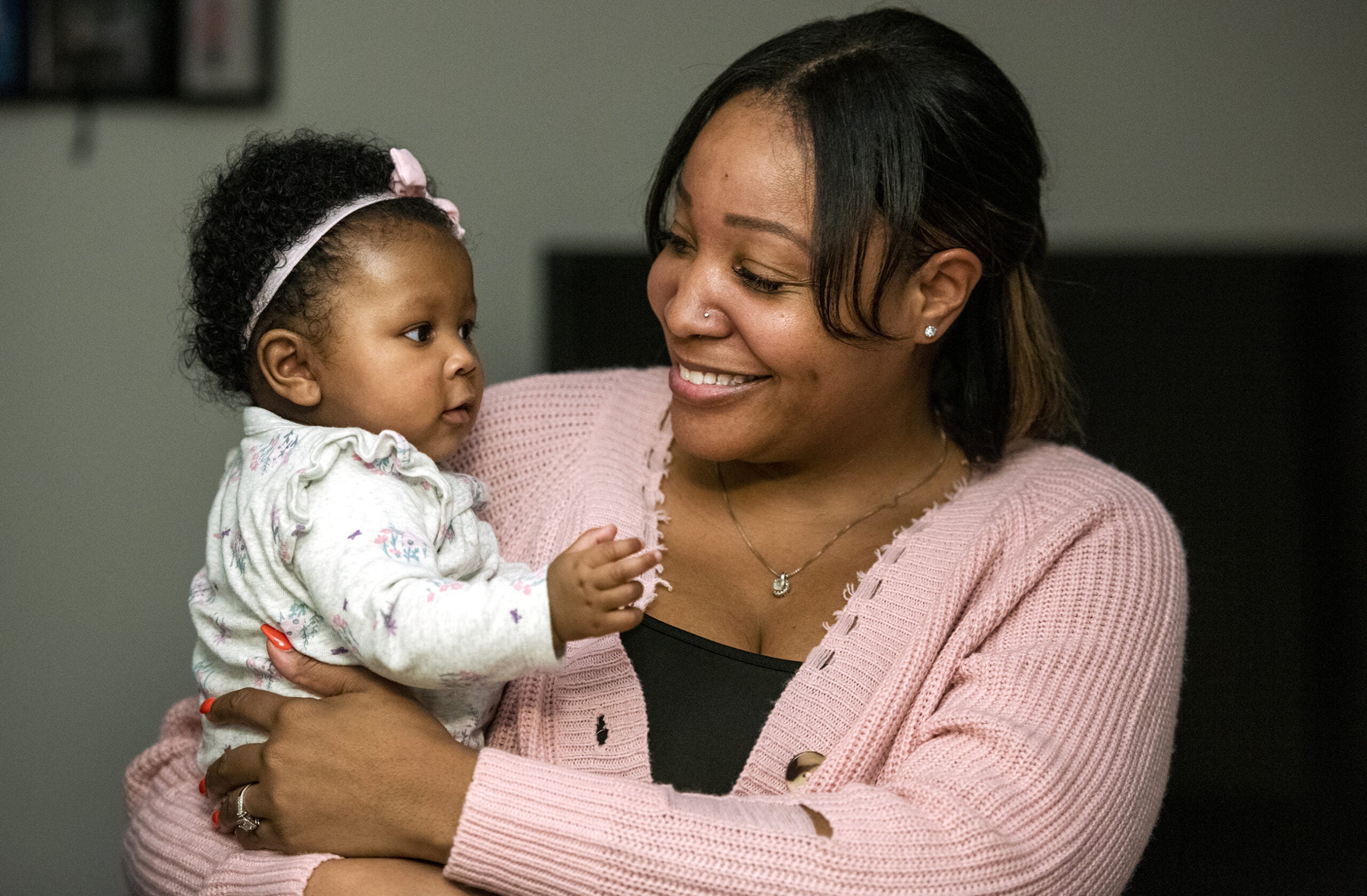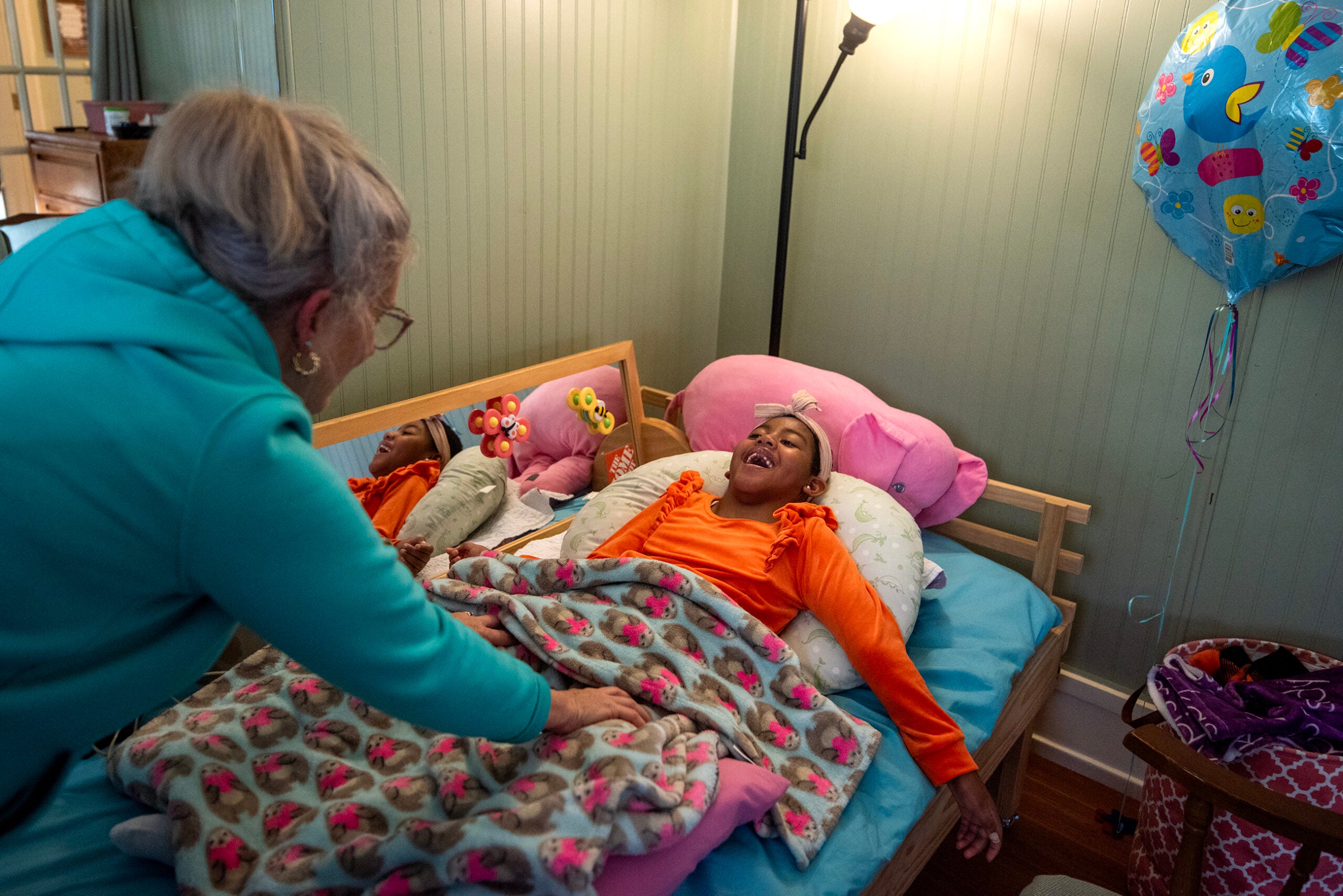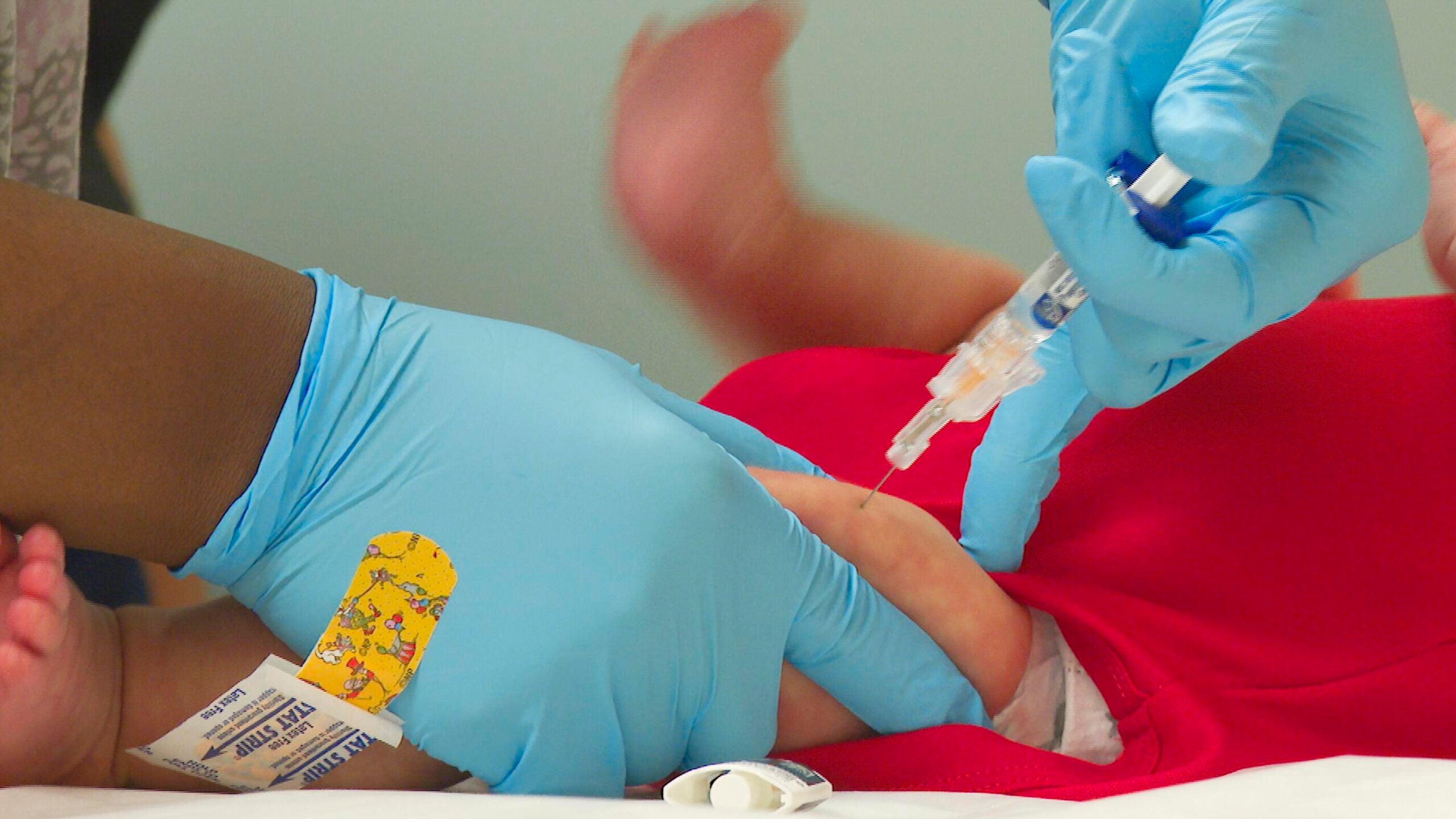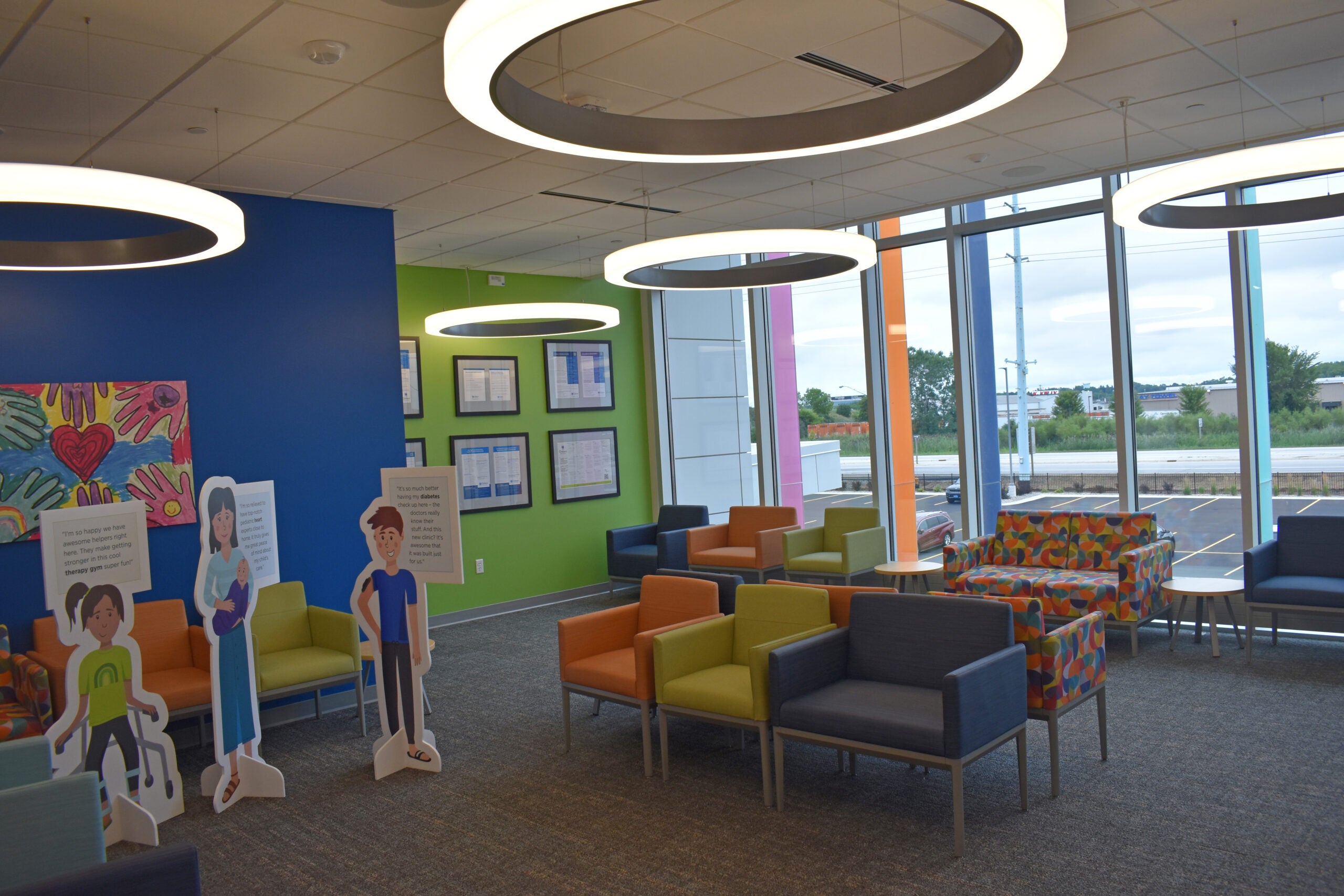A significant number of Wisconsin teens have reported struggling with anxiety, depression and thoughts of suicide in recent years.
Experts say promoting positive mental health in infants and toddlers could help children feel more connected later in life.
About 80 percent of brain development happens in the first three years of life, when babies and toddlers are forming new brain connections through experiences and interactions with adults.
News with a little more humanity
WPR’s “Wisconsin Today” newsletter keeps you connected to the state you love without feeling overwhelmed. No paywall. No agenda. No corporate filter.
“When we think about infant mental health, we can think about a child’s capacity to form relationships, to experience a wide range of emotions and to learn,” said Lana Shklyar Nenide, executive director of the Wisconsin Alliance for Infant Mental Health.
Shklyar Nenide said this development happens through children’s relationships with their parents or other adults, laying the foundation for their social skills and emotional capacity as they age.
Linda Hall, director of the Wisconsin Office of Children’s Mental Health, said this foundation becomes even more important when looking at the number of high school students struggling to make these connections.
This year’s report from the Office of Children’s Mental Health found 61 percent of students said they feel connected at school and 67 percent said they have a trusted adult at school.
“They need to learn about trusting relationships before they get to school so they can be open to learning,” Hall said. “That sets the foundation a little bit more, it gets them engaged in learning, and that progresses to feeling like they belong in their home and in their school.”
Building good mental health starts at home
Hall said many parents and adults who work with kids need a better understanding of what mental health looks like for young children. She said that may mean an adult needs to rethink how to respond to a child’s actions or how to talk about emotions.
“It’s a little bit of relearning some of what we were raised with and what have been past practices related to how to work with kids who are misbehaving,” she said.
Shklyar Nenide said for infants, a big part of development happens through a process called “serve and return.” Much like a game of pickleball or tennis, she said babies are looking to adults to return the interactions they send out.
“When a baby looks at you, can you look back to the baby?” she said. “When the baby points, can you point and say, ‘Oh, what is it? What are we talking about?’ You know, playing games with babies, using routines as opportunities to connect.”
She said phones and other devices can interrupt this process, keeping parents from the interactions that are critical to young children’s development.
As children age, Shklyar Nenide said kids also need adults to help them name the emotions they’re feeling and understand how to process them. She said adults too often assume a child will learn this on their own or use punishment to respond to what is seen as misbehavior.
Hall said it’s important for parents and guardians to find time every day to listen to their kids.
“Open communication that’s non-judgmental,” she said. “Don’t put your parent agenda in there. Listen to kids to hear where they’re at and then be able to provide some support.”
Hall said child care providers and pediatricians also play important roles in identifying mental health struggles early in a child’s life. She said the state has developed consultation programs with experts in infant mental health to help these professionals know what may be causing concerning behaviors and the best way to respond.
Wisconsin Public Radio, © Copyright 2025, Board of Regents of the University of Wisconsin System and Wisconsin Educational Communications Board.







